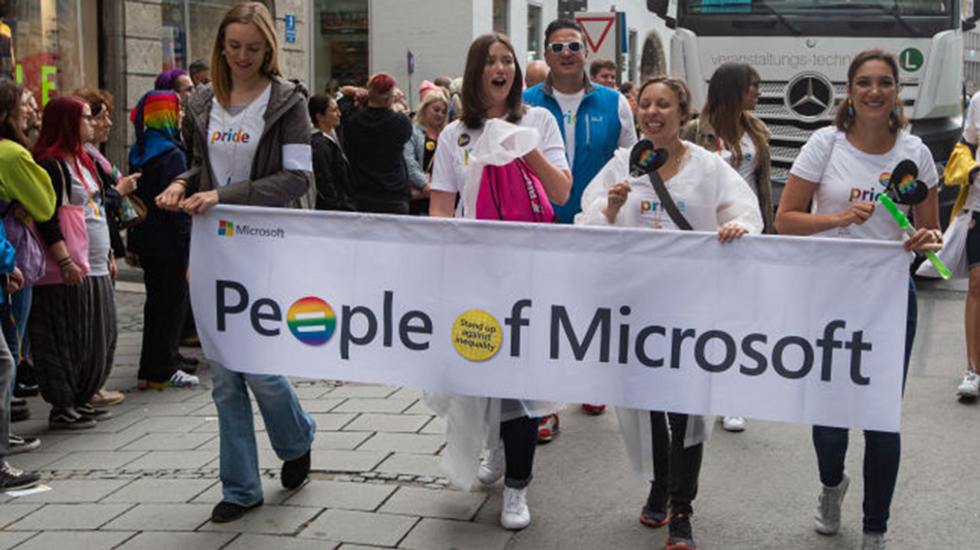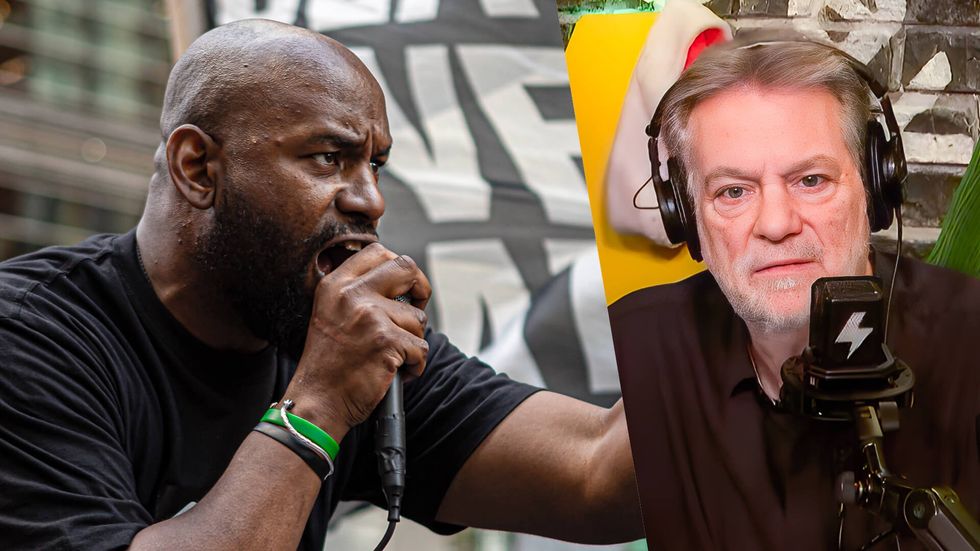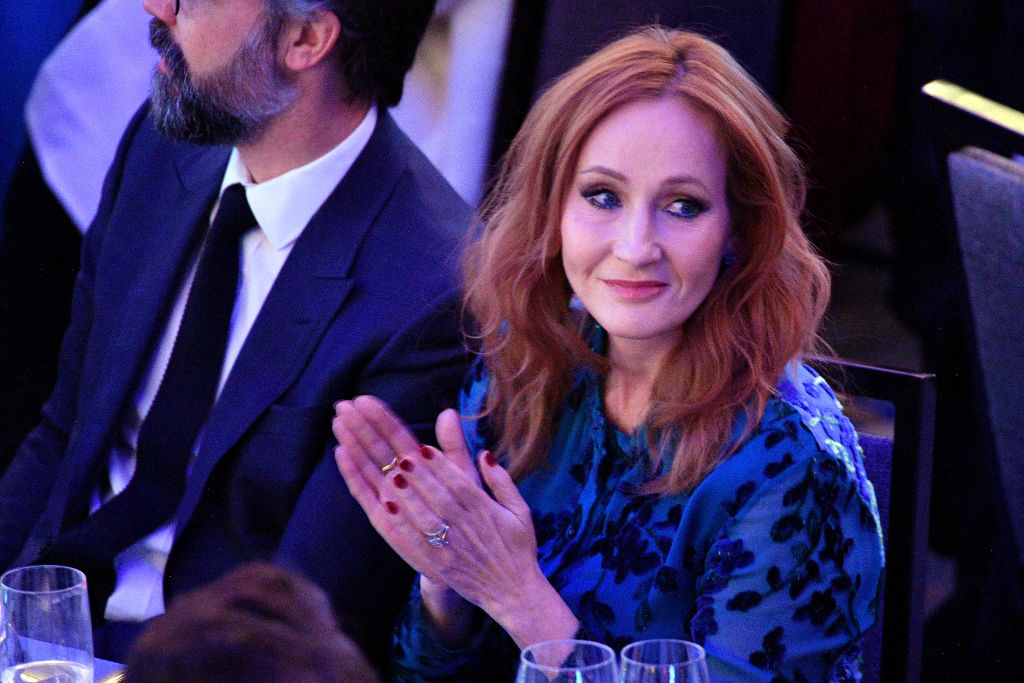Microsoft brags about pushing DEI since the late '80s — including 'gender-affirming benefits'
Microsoft's 2024 diversity and inclusion report highlights race- and sexuality-based programs dating back to the 1980s.The report begins with the chief diversity officer stating that the company's inclusivity mission aims to empower "every person and every organization on the planet" to achieve more. These vague platitudes were followed with a list of disturbing initiatives that started as early as 1985.This included naming a "diversity director," establishing a "minority student day," and even race-based employee groups such as "Blacks at Microsoft," all in the 1980s.Along with groups for gays, women, and Asians, Microsoft bragged that since 1989, it has been "promoting LGBTQIA+ inclusion."Between 1996 and 2006, Microsoft infused its progressive beliefs into politics by partnering with organizations like the United Nations and the Human Rights Campaign.The HRC is an adamant supporter of transgender surgeries for minors. Microsoft boasted that in 2005, it achieved a perfect score on the HRC's Equality Index."We donated over $1 million (including company match) to 220 nonprofits supporting LGBTQIA+ communities worldwide, totaling over $16.3 million in all-time donations to these organizations," Microsoft wrote.During this time period, Microsoft said it also offered "gender-affirming benefits" to U.S. employees.The report stretched its claims of inclusion by reporting on generic, nonspecific woke viewpoints within the company. For example, Microsoft reported that 83.5% of its employees agreed or strongly agreed that they have seen coworkers "demonstrate allyship in the workplace."Other statistics showed a 2.3% year-over-year increase in groupthink (78.9% to 81.2%) regarding "diversity" being "critical" to the company's success.'We believe gaming should be inclusive of all, accessible to all, and safe for all.'Some of Microsoft's other initiatives are even more troubling, including "hiring inclusively" and "supplier diversity."Described as partnerships that intend to "increase opportunities for communities," "diversity" in this sense is not really explained.Glenda Dengah, director of supplier diversity, is quoted as saying the supply program is about "cultivating enduring partnerships" from "the diverse communities we represent."Microsoft also claimed, using uncited research, that 71% of gamers think it's very important to have diverse characters and content. Again, these terms were not defined."We believe gaming should be inclusive of all, accessible to all, and safe for all," the company wrote.Despite this claim, diversity-driven games have failed to capture audiences, with several big-budget games tanking in 2024 within just days of their release.While the report was still published, it is important to note that Microsoft quietly laid off a diversity, equity, and inclusion team in July but insisted its commitment to diversity is "unwavering."Blaze News reached out to a spokesperson representing Microsoft to discuss what "hiring inclusively" means, what "supplier diversity" means, and where its video game-related research came from.The spokesperson did not respond to requests for comment despite initiating contact and sending the report.Like Blaze News? Bypass the censors, sign up for our newsletters, and get stories like this direct to your inbox. Sign up here!


Microsoft's 2024 diversity and inclusion report highlights race- and sexuality-based programs dating back to the 1980s.
The report begins with the chief diversity officer stating that the company's inclusivity mission aims to empower "every person and every organization on the planet" to achieve more.
These vague platitudes were followed with a list of disturbing initiatives that started as early as 1985.
This included naming a "diversity director," establishing a "minority student day," and even race-based employee groups such as "Blacks at Microsoft," all in the 1980s.
Along with groups for gays, women, and Asians, Microsoft bragged that since 1989, it has been "promoting LGBTQIA+ inclusion."
Between 1996 and 2006, Microsoft infused its progressive beliefs into politics by partnering with organizations like the United Nations and the Human Rights Campaign.
The HRC is an adamant supporter of transgender surgeries for minors. Microsoft boasted that in 2005, it achieved a perfect score on the HRC's Equality Index.
"We donated over $1 million (including company match) to 220 nonprofits supporting LGBTQIA+ communities worldwide, totaling over $16.3 million in all-time donations to these organizations," Microsoft wrote.
During this time period, Microsoft said it also offered "gender-affirming benefits" to U.S. employees.
The report stretched its claims of inclusion by reporting on generic, nonspecific woke viewpoints within the company. For example, Microsoft reported that 83.5% of its employees agreed or strongly agreed that they have seen coworkers "demonstrate allyship in the workplace."
Other statistics showed a 2.3% year-over-year increase in groupthink (78.9% to 81.2%) regarding "diversity" being "critical" to the company's success.
'We believe gaming should be inclusive of all, accessible to all, and safe for all.'
Some of Microsoft's other initiatives are even more troubling, including "hiring inclusively" and "supplier diversity."
Described as partnerships that intend to "increase opportunities for communities," "diversity" in this sense is not really explained.
Glenda Dengah, director of supplier diversity, is quoted as saying the supply program is about "cultivating enduring partnerships" from "the diverse communities we represent."
Microsoft also claimed, using uncited research, that 71% of gamers think it's very important to have diverse characters and content. Again, these terms were not defined.
"We believe gaming should be inclusive of all, accessible to all, and safe for all," the company wrote.
Despite this claim, diversity-driven games have failed to capture audiences, with several big-budget games tanking in 2024 within just days of their release.
While the report was still published, it is important to note that Microsoft quietly laid off a diversity, equity, and inclusion team in July but insisted its commitment to diversity is "unwavering."
Blaze News reached out to a spokesperson representing Microsoft to discuss what "hiring inclusively" means, what "supplier diversity" means, and where its video game-related research came from.
The spokesperson did not respond to requests for comment despite initiating contact and sending the report.
Like Blaze News? Bypass the censors, sign up for our newsletters, and get stories like this direct to your inbox. Sign up here!
Originally Published at Daily Wire, World Net Daily, or The Blaze
What's Your Reaction?

































































































